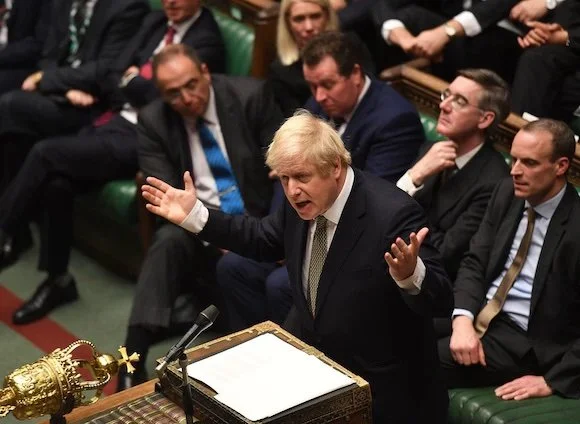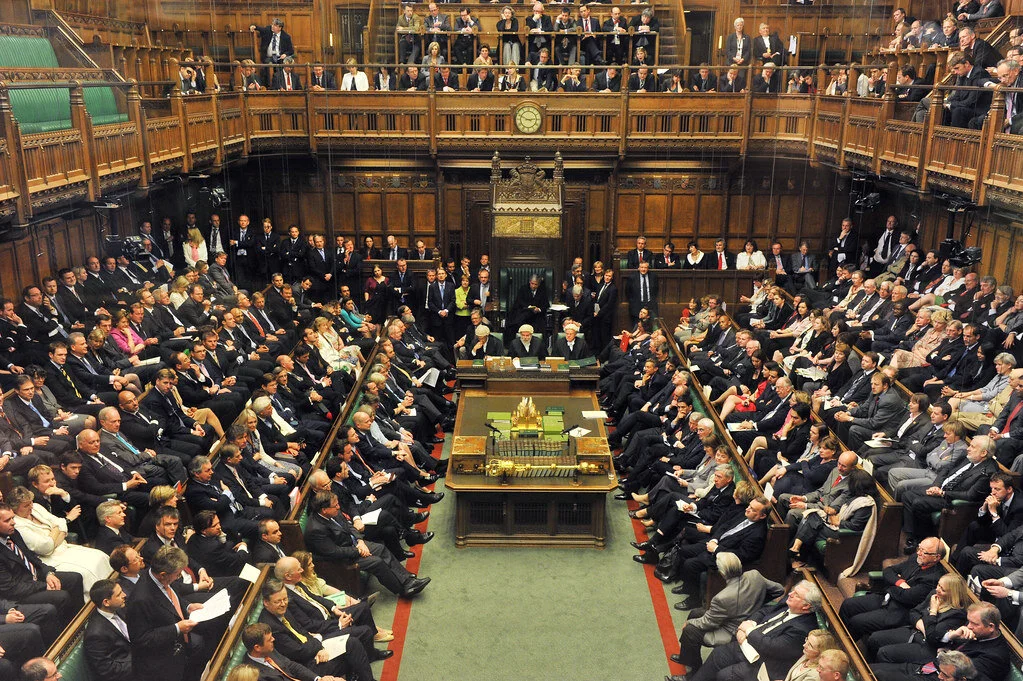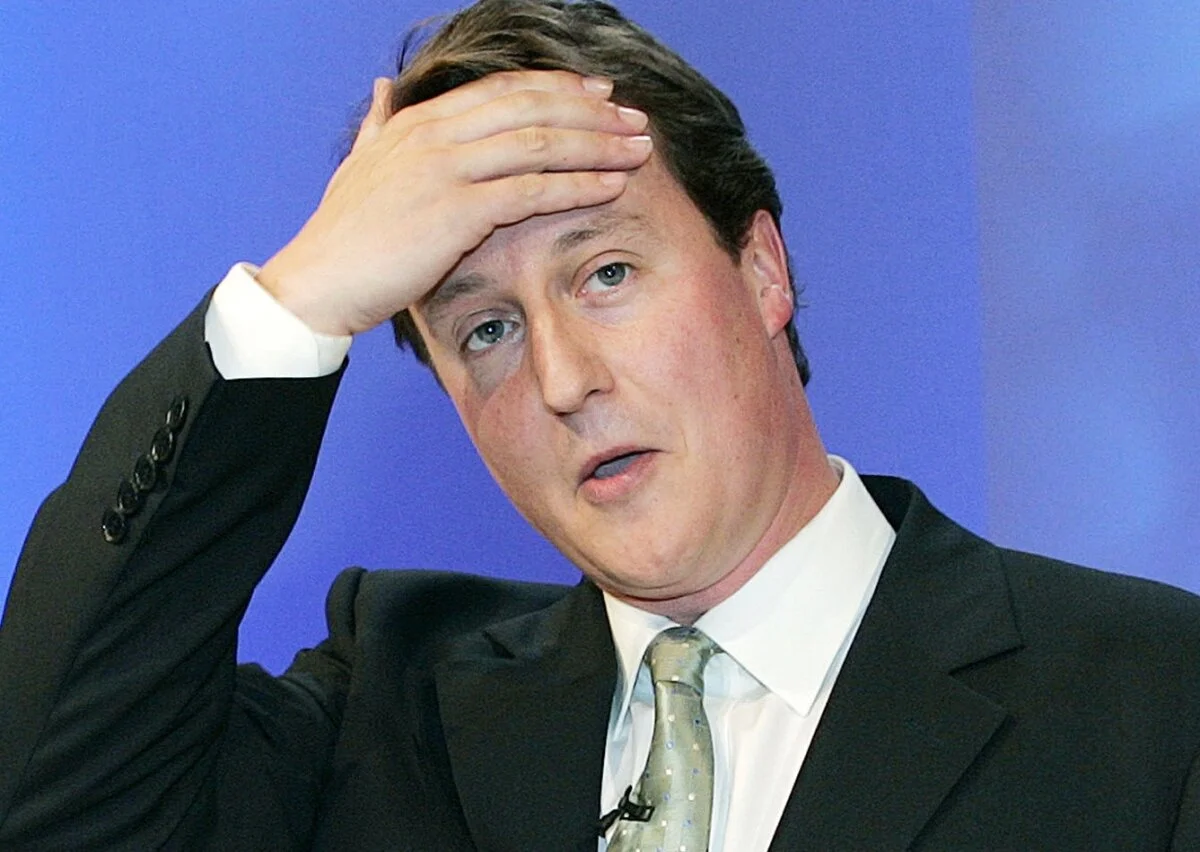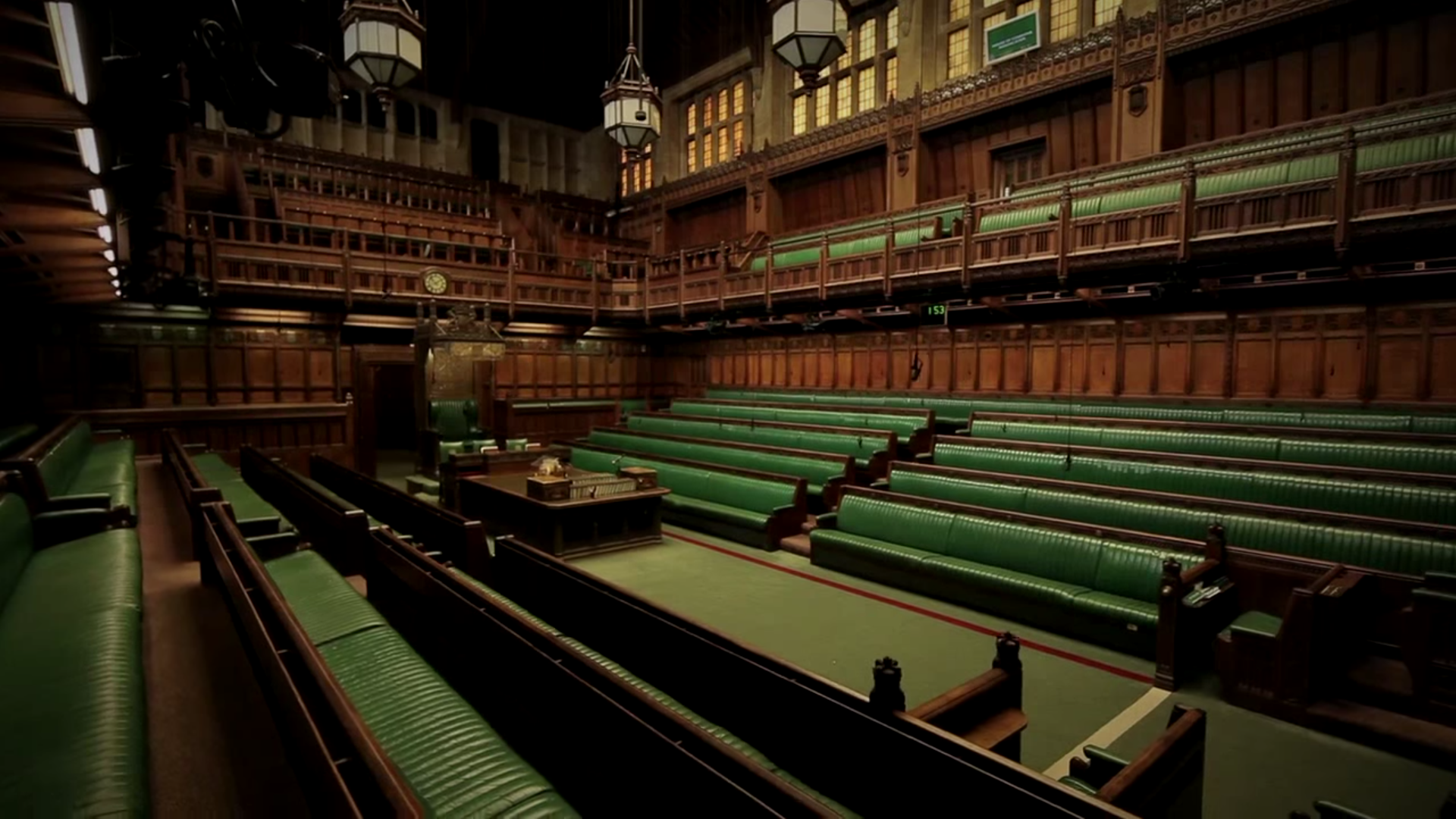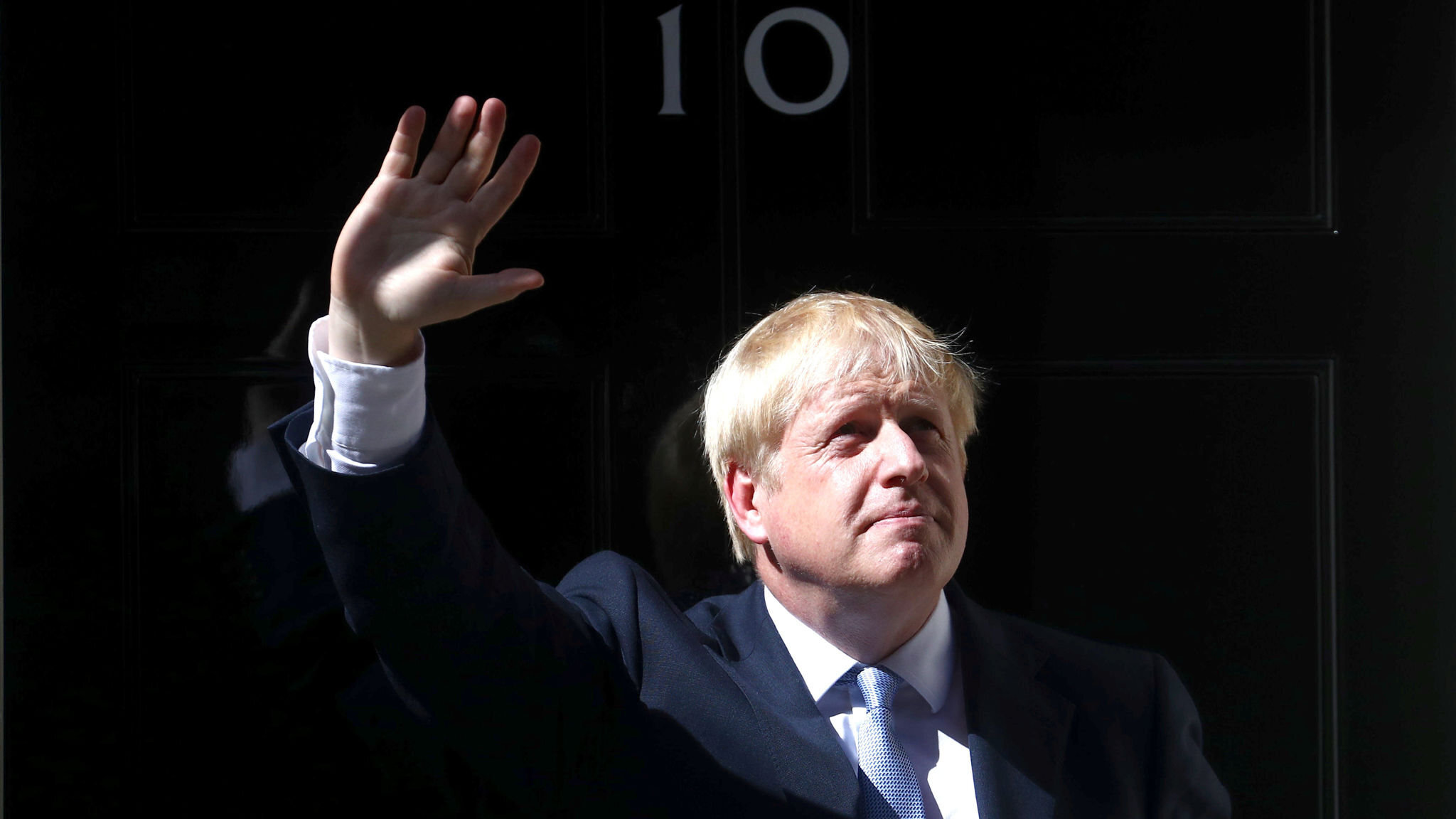
UK Government
Constitution Executive Parliament Branches
Please note, older essays will not necessarily be formatted correctly, nor will they represent the requirements of the post 2019 linear changes.
Evaluate the view that leaving the EU has decisively returned sovereignty to UK
Parliamentary sovereignty refers to the legal control the UK parliament has within UK constitution. Due to Brexit, many areas of governing have returned back to parliament and thus, this essay will argue that leaving the EU has decisively returned sovereignty to UK parliament.
Evaluate the view that the opposition is effective in the House of Commons
Opposition refers to parties who sit in Parliament but are not in government, such as the Lib Dems and SNP, with the most prominent being His Majesty’s opposition – the Labour party. Opposition parties play an effective role in scrutiny seen through their involvement in the legislative process, PMQs/UQs and select committees. Therefore, opposition parties play a key role in holding the government to account, meaning they are certainly effective in the House of Commons.
Evaluate the view devolution has been successful within the UK
Devolution is the process of delegating powers away from Westminster to regions and cities within the UK, originally introduced in Labour’s 1997 election manifesto. There is consistent discourse over the success of this change, and thus this essay will reject that devolution in the UK was successful.
Evaluate the view that backbenchers have little influence in parliament
Do backbenchers have much influence today?
Due to the Wright reforms and the increase in unstable governments, it is clear that the influence of backbenchers has increased over the past two decades. And, although it may have been the case that with passing legislation in the past, backbenchers have been very weak, today, they are far more willing to stand up to party whips and leadership.
Comment: The Good Chap Theory of Government and Johnson
Whereas every other Western democracy has codified its system of government, Britain’s constitution is a mish-mash of laws and conventions, customs and courtesies. Britain sees no need for the legalistic writing down its constitution in one place. Instead it relies on the notion that its politicians know where the unwritten lines of the constitution lie, and do not cross them.
Evaluate the view that the need for further English devolution is now overdue
It is important for English devolution to be extended as it is currently increasingly unfair that England have less powers than the devolved bodies in Scotland specifically, and the issue of the Barnett formula is the biggest problem. This can be solved through English devolution and a parliament which is evidently overdue.
Evaluate the view that the Prime Minister is now a President in all but name
It is clear that the UK prime minister is certainly not a president in all but name. Whilst prime ministers, such as Blair and Thatcher, undeniably seemed to replicate a presidential style in seeming separate from government, as evident by the infrequent parliament visits and sofa politics under Blair.
Evaluate the view that there are more advantages to having a codified and entrenched constitution than remaining with an uncodified constitution
Ultimately there is not a massive demand to have a codified constitution and an uncodified constitution fundamentally gives the government flexibility which is in the interests of the public.
Documentary - Cabinet Confidential
A brilliant documentary with case studies of previous cabinets stretching back to the 70, 80s and 90s. Important for examples pre-97 in the Executive topic.
How important are backbenchers?
Backbenchers are Members of Parliament who do not have ministerial roles, be this in the Government or as part of the Shadow Cabinet. Their importance is highly debatable, with their potential for impact upon the legislative cycle being weighed up against the significant impact party politics, patronage and discipline has on mediating these powers.






